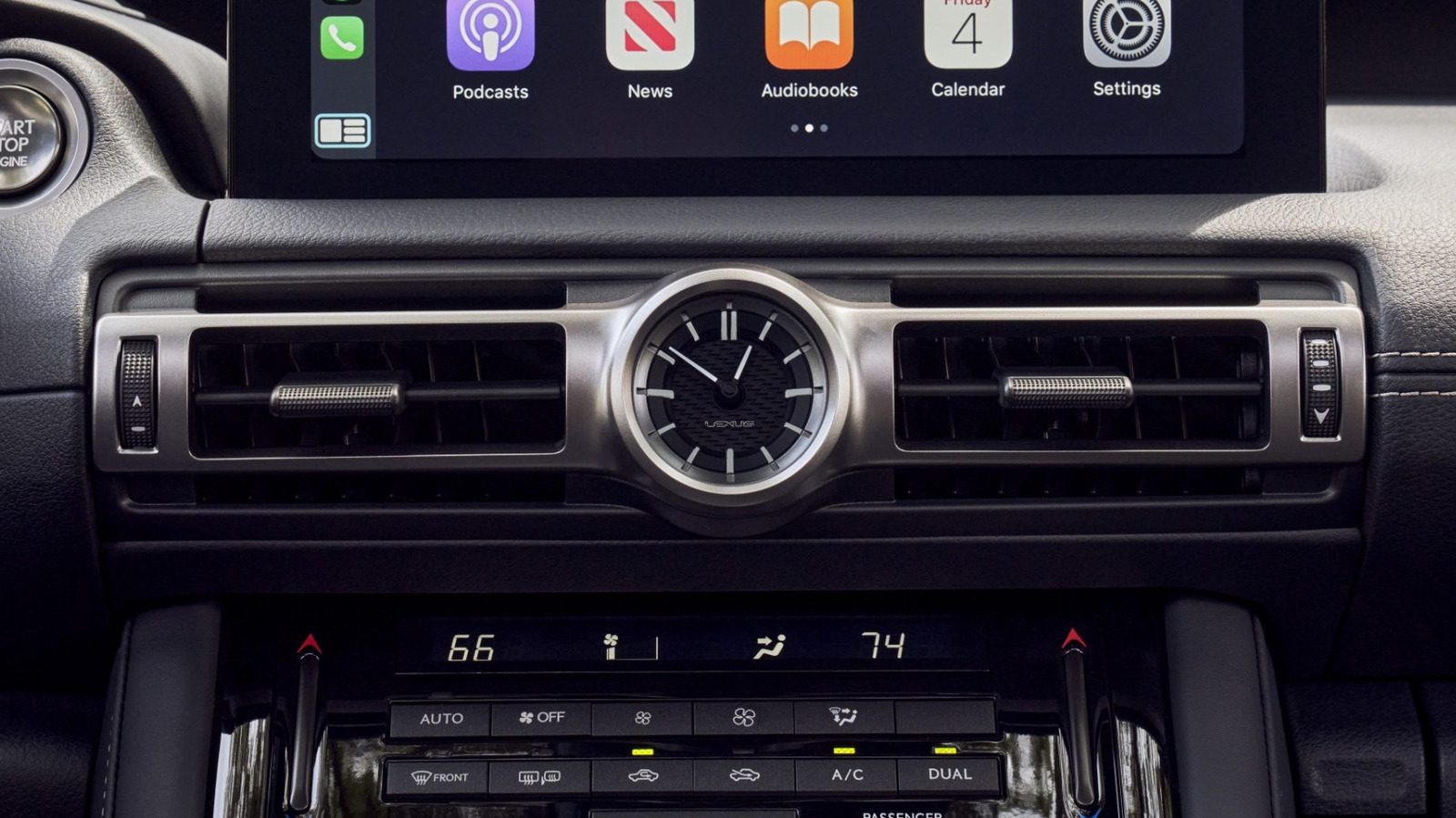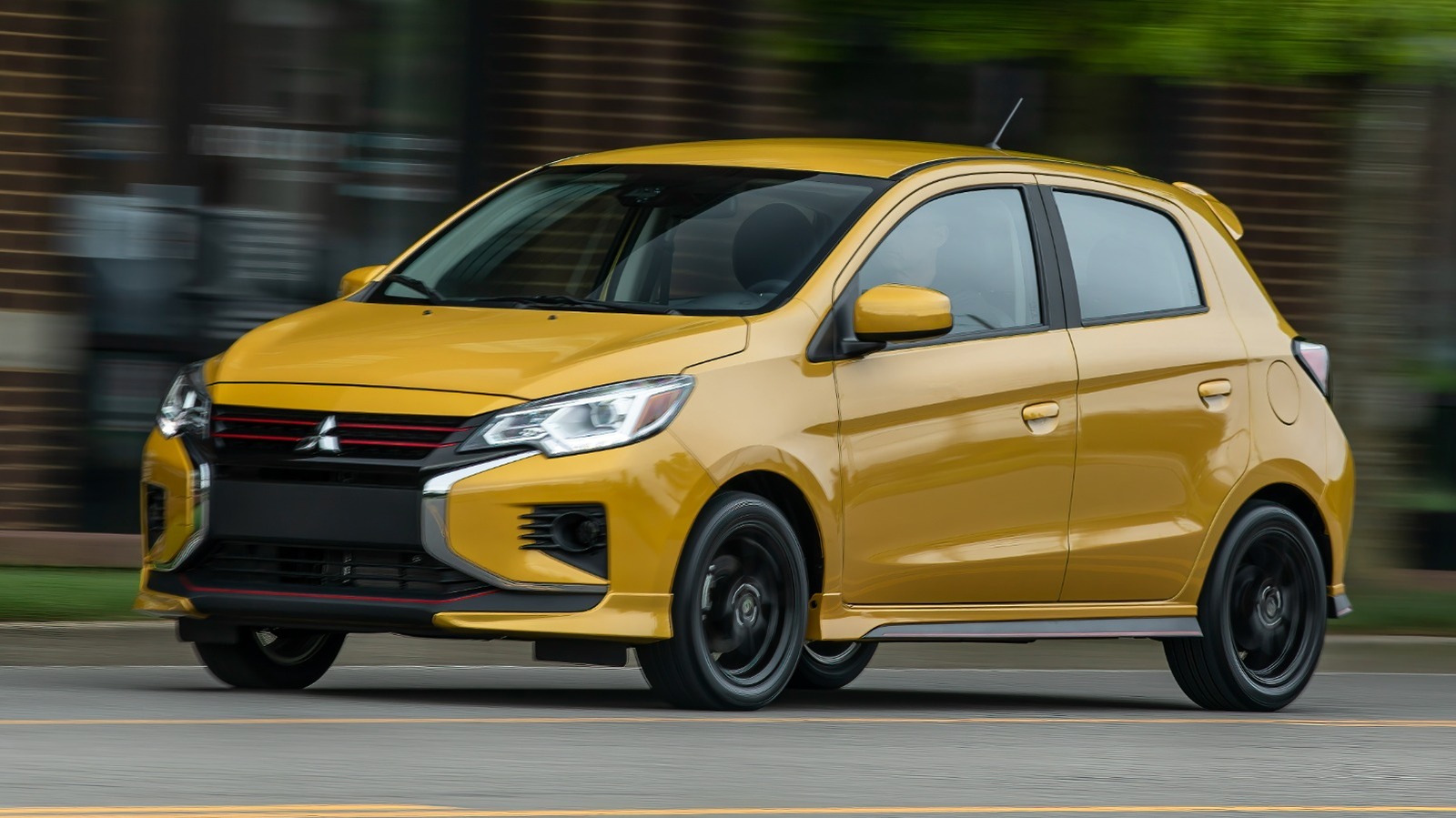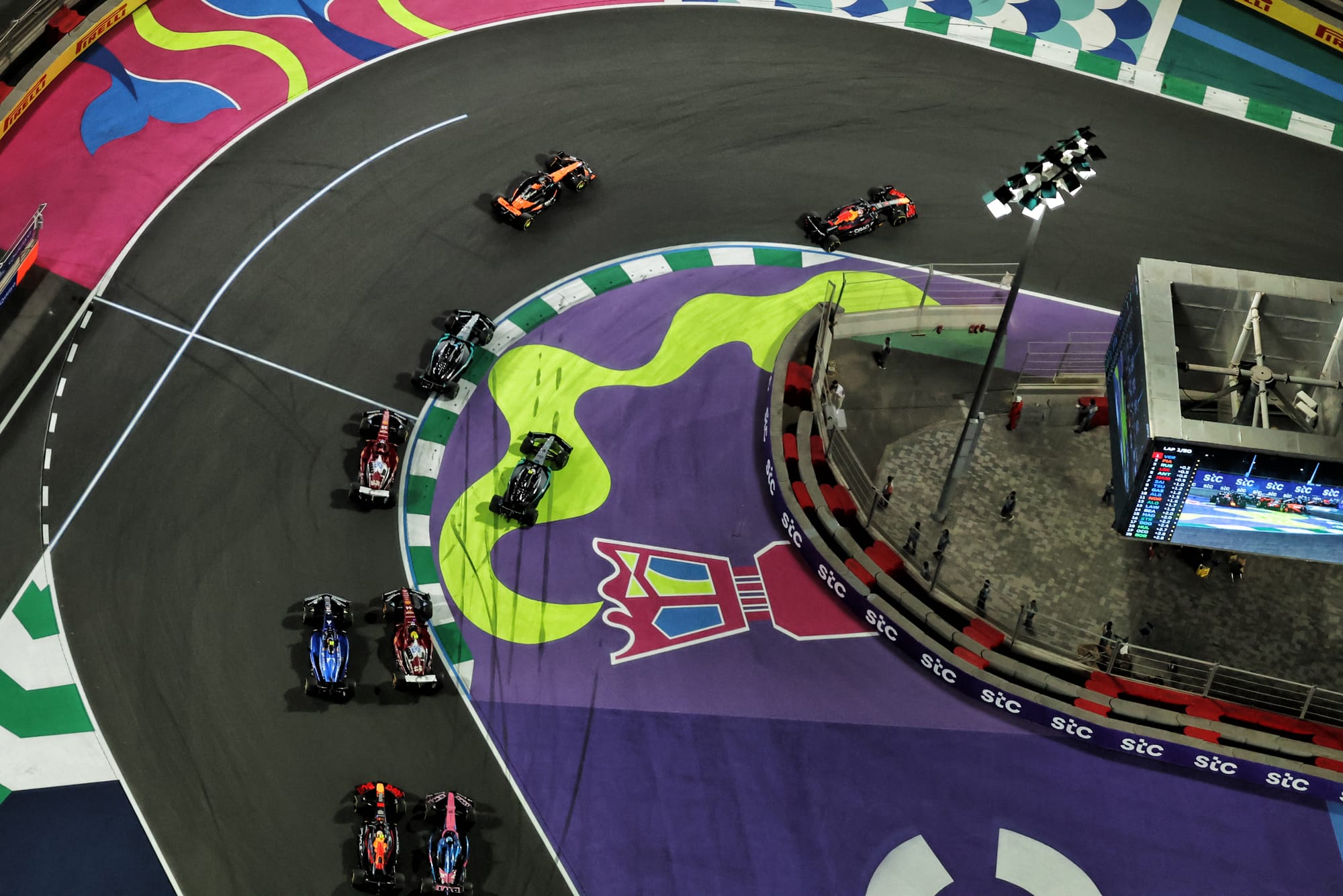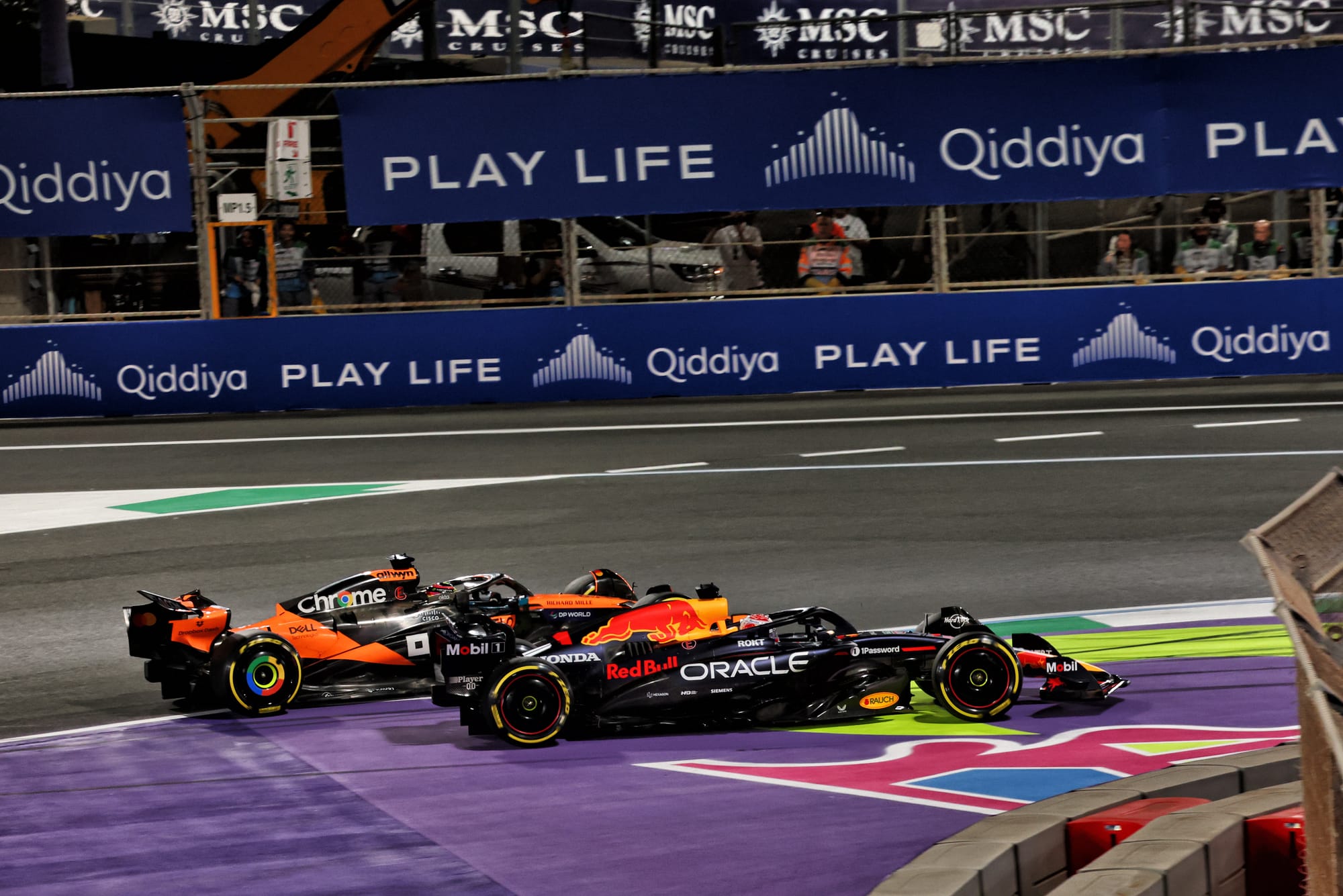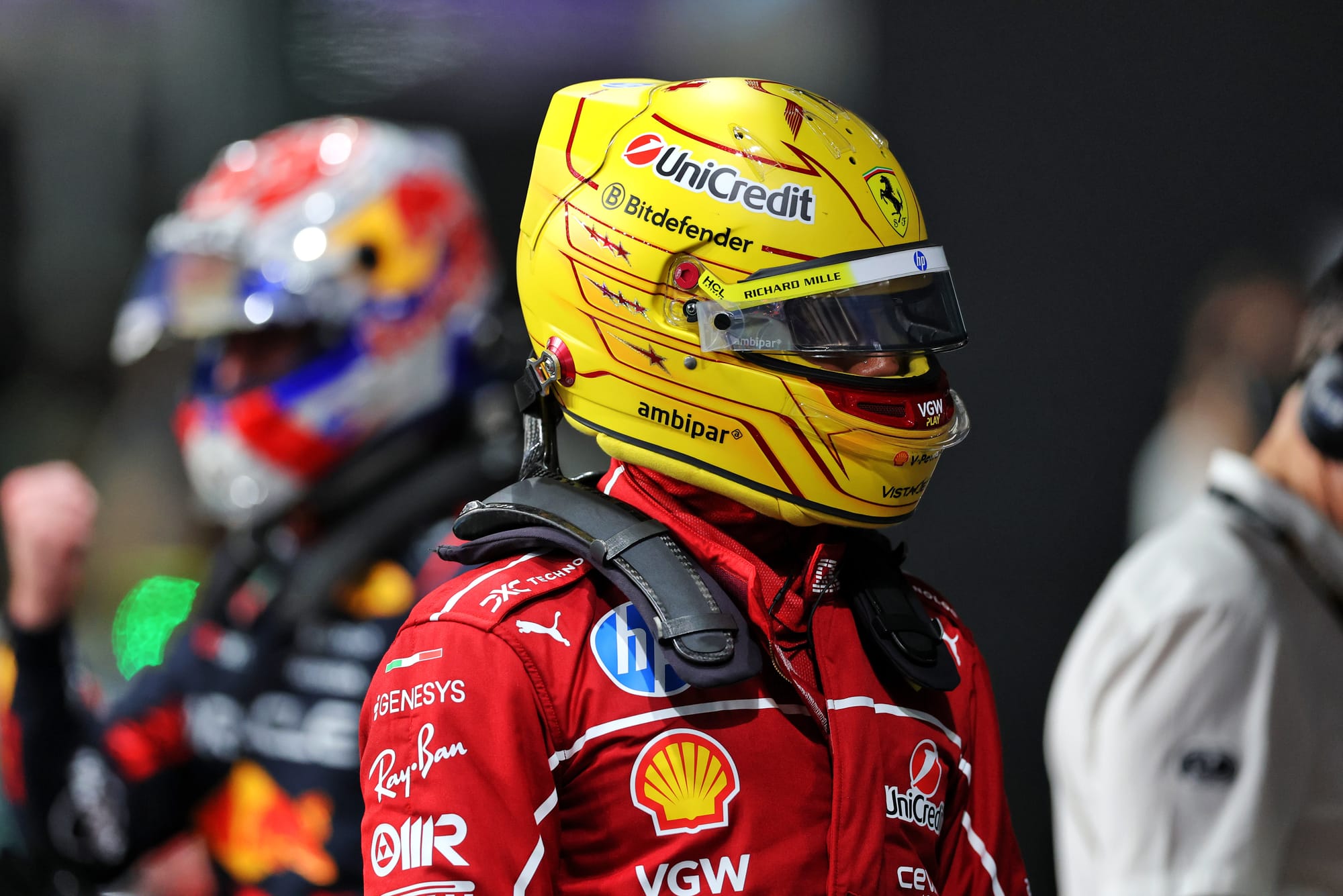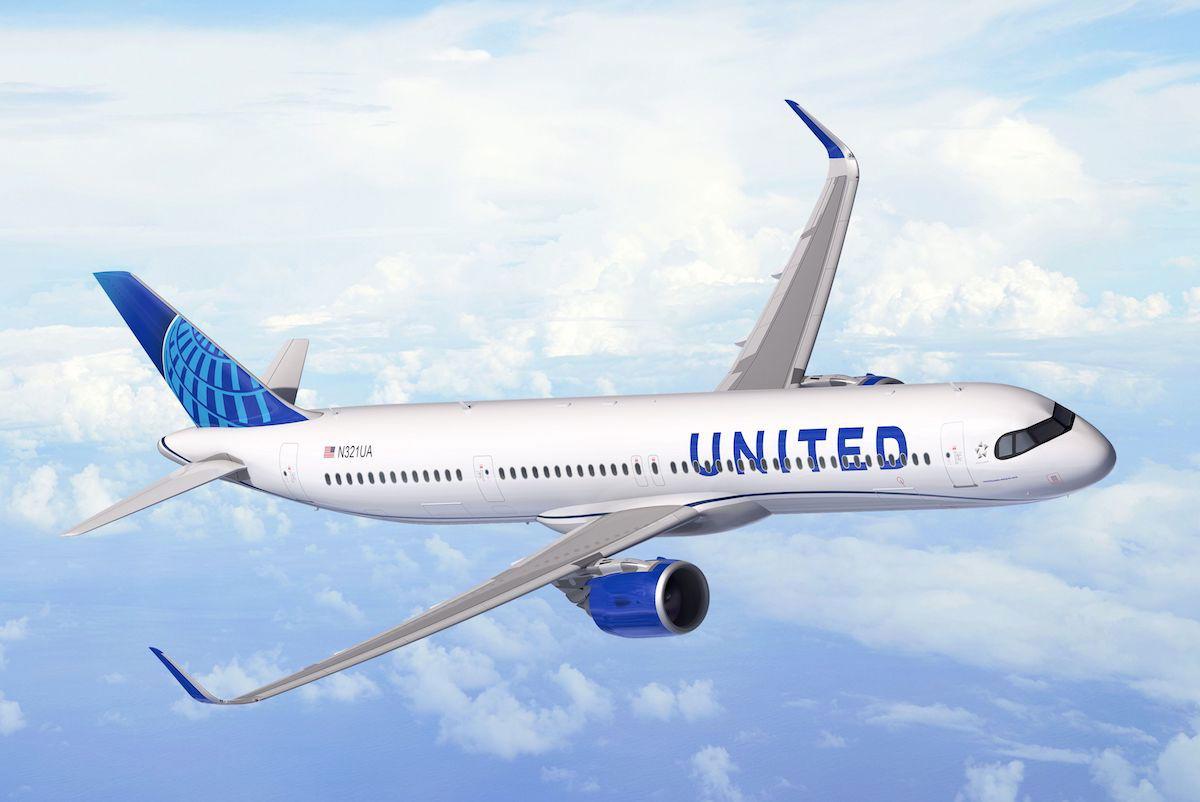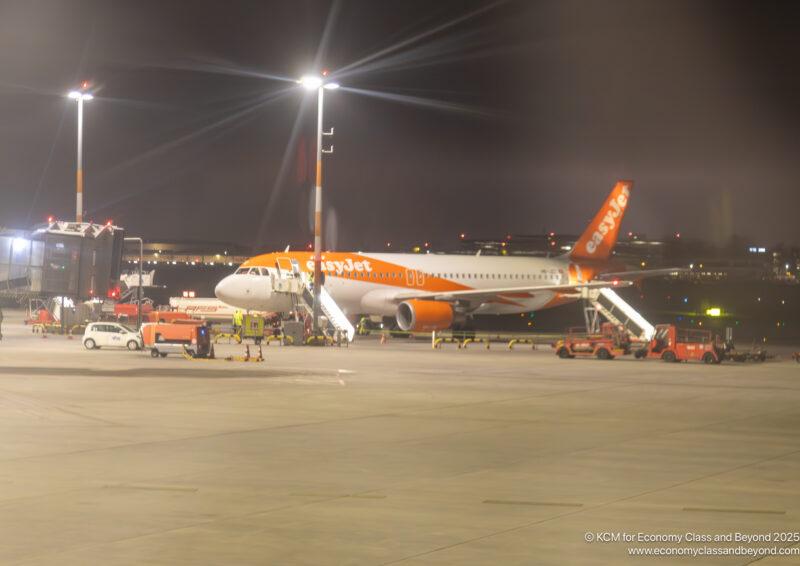Price war sparked by Chinese automakers impacts Malaysian OEMs, vendors, used car market – Proton
The price war initiated by Chinese automakers may significantly impact the Malaysian automotive industry, particularly original equipment manufacturers (OEMs) with local operations. This is according to Proton deputy CEO Roslan Abdullah, who added that while […] The post Price war sparked by Chinese automakers impacts Malaysian OEMs, vendors, used car market – Proton appeared first on Paul Tan's Automotive News.

The price war initiated by Chinese automakers may significantly impact the Malaysian automotive industry, particularly original equipment manufacturers (OEMs) with local operations. This is according to Proton deputy CEO Roslan Abdullah, who added that while discounts benefit consumers, they also negatively impact local vendors who supply car components and parts.
“The price war doesn’t just impact OEMs with manufacturing and assembly plants in the country, it also affects local vendors and distributors. This situation leads to increased stockpiling, as customers are drawn to cars offered at lower prices. At the same time, some customers are adopting a wait-and-see attitude, hoping that prices will drop further,” said Roslan, as reported by NST.
The used car market is also affected by a price war, as the significant price cuts lower the resale value of cars. “For example, if a Brand A vehicle is initially purchased for RM100,000 but later sold at a discounted price of RM80,000, it will significantly affect the vehicle’s depreciation. The trade-in market will also suffer as a result. This trend makes customers more likely to purchase new vehicles, as the prices are more competitive compared to used ones,” explained Roslan.
He added that local OEMs are unable to compete in a price war with Chinese brands because of higher operating costs, including manufacturing, vendor and supply chain expenses. “OEMs must ensure business continuity. We can’t lower prices too much, but we can offer discounts or promotions, such as cash rebates and accessory packages, to help offset market prices,” Roslan said.
In Proton’s case, Roslan said the company employs over 7,000 workers and has more than 5,000 workers in its sales network. As such, it is important that careful measures are taken to ensure the company’s long-term profitability. “Large-scale vendors may be able to survive due to their partnerships with other brands. However, smaller vendors who rely on a single brand will be impacted,” he said.
Roslan pointed out that brands offering lower prices benefit from the completely built-up (CBU) or semi-knocked down (SKD) concept, both of which require less investment compared to local OEMs like Proton. “Their investment in Malaysia remains minimal, allowing them to offer significant discounts due to lower operating costs. However, this creates long-term pressure on companies operating within Malaysia,” he said.
“While foreign direct investment is a key target for the government, it’s important to review the situation to ensure that local assembly or completely knocked down (CKD) brands with their own factories and vendor networks can remain competitive,” he added.
The post Price war sparked by Chinese automakers impacts Malaysian OEMs, vendors, used car market – Proton appeared first on Paul Tan's Automotive News.


















